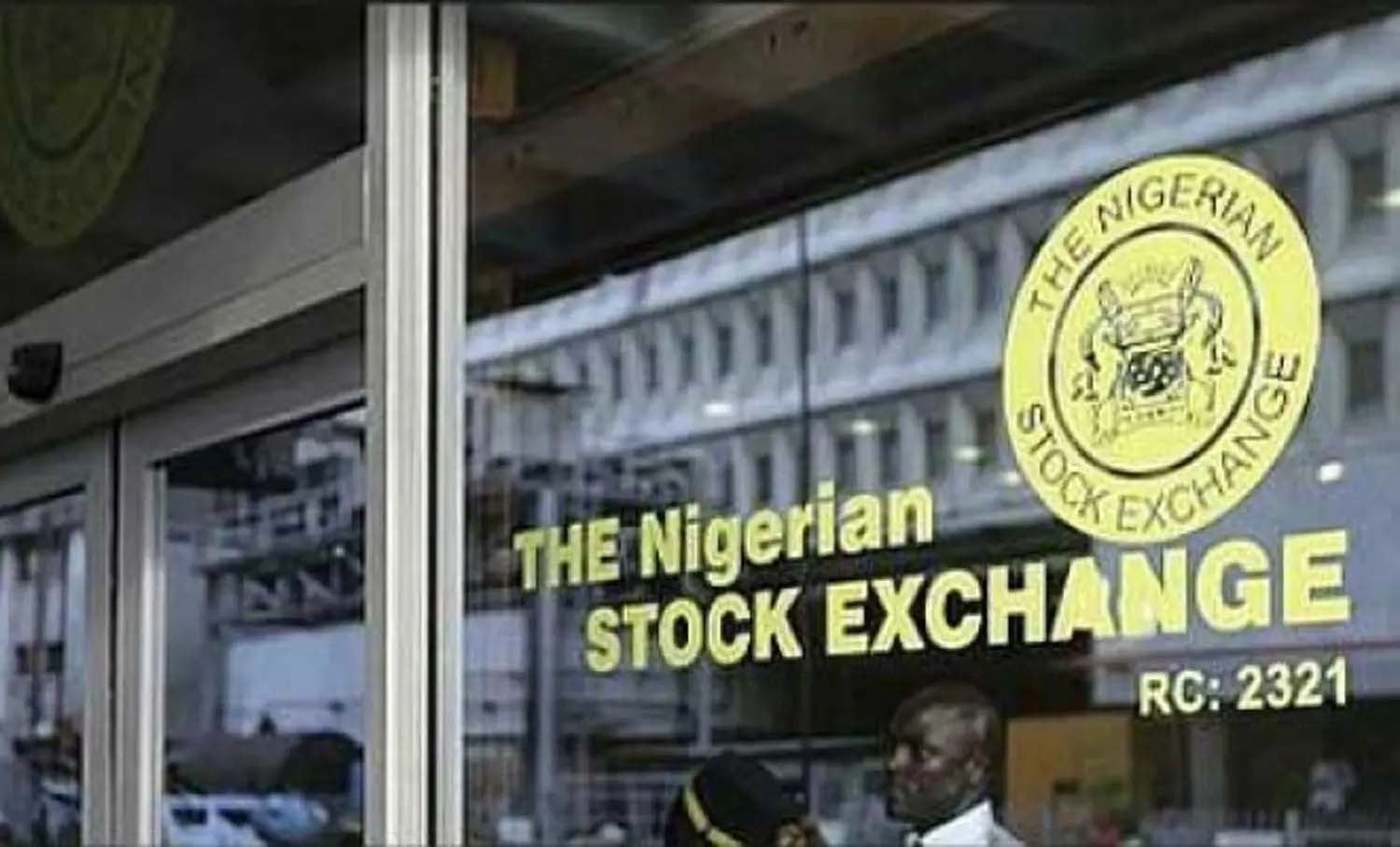Stock Market: Foreign investors return, participation up 9.7% to N234bn

…Contribution to total market value dips 14.6%
..Comeback trend unsustainable due to policy, politics, others – Analysts
By Peter Egwuatu
There are indications that foreign portfolio investors have made significant return to Nigeria’s stock market as the value of Foreign Portfolio Investments, FPIs, in equities reversed the declining trend to record N243.48 billion in the first half of 2022, H1’22, about 9.7 per cent year-on-year, YoY, rise from N221.96 billion in the corresponding period of 2021.
Stock dealers and analysts have attributed the development to the expansionary monetary policy regime of the Central Bank of Nigeria, CBN, for most part of the H1’22, as well as the impressive equity performance in 2021.
But the analysts also said the come-back is unlikely to be sustained through the second half of the year, H2’22, as the driving factors have already reversed following CBN’s return to tight monetary policy in May 2022.
Furthermore, analysts are of the view that the build up to the 2023 general election is another factor that would undermine FPI confidence.
Already equities prices have started nose-diving while CBN’s monetary policy drives up fix income investments.
Meanwhile, foreign investors’ contribution to the total stock market turnover in the H1’22 recorded 14.6 per cent growth compared to the 21.46 per cent in H1’21.
The stock market data also reveal that FPIs have been on steady decline since 2018 when it peaked at N799 .7 billion. It recorded a huge 40.9 per cent decline to N472.78 billion in 2019.
It further declined by 16.1 per cent to N396.63 billion in 2020 and went down again by 44.03 per cent in 2021.
Analysts’ insight
Investment analysts who spoke to Financial Vanguard explained that FPIs commitment in Nigeria may continue to be on a downward trend given the exchange rate volatility and the uncertainty of repatriating their capital and earnings to their home country.
The insecurity across some parts of the country has also been identified as another major factor that would contribute to decline in foreign investment.
They also noted that the 2023 general election would cause further dip in the value of FPIs as foreign investors would be on race to safety over political uncertainty.
Commenting analyst and Vice Executive Chairman, Highcap Securities Limited, David Adonri, said: “Increase of FPI in H1, 2022 is linked to the impressive full year 2021 performance by listed companies. Recall that the market appreciated by about 7.0 per cent throughout 2021. But in January 2022 alone, equities gained over 9.0 per cent as a result of expectations which were surpassed when the full year results started hitting the market.
‘‘In addition to the stimulating results, dividend payouts were fantastic. Many company actions like corporate debt issues together with acquisitions stimulated the appetite of foreign investors for Nigerian equities. Finally, the rising crude oil price in H1 2022 boosted investors’ confidence, thus increased FPI.”
On sustainability of the foreign investors’interest in the market, Adonri said: “In H2 2022, crude oil price is no longer rising. Secondly, tight monetary policy is already making equities less attractive. When added to the fear of sovereign default by FGN, forex illiquidity and 2023 election fever, investor’s confidence is likely to nosedive in H2 2022. Consequently, FPI attained in H1 2022 might not be sustained.”
Speaking also, analysts at Cowry Asset Management Limited said: “As it is obvious that foreign investors no longer play active role in trading Nigerian equities as they control less than 25% of the market activities, we think local institutional investors may have more incentive to remain in the market despite the rates hike by the CBN and other central bank chiefs across the globe in July.
‘‘Also, we expect the delivery of half-year strong corporate earnings to act as major catalysts going forward, and consequently opening up attractive profit taking opportunities for investors.”
The Managing Director/ CEO, Cowry Asset, Mr Johnson Chukwu, in his reaction said: ‘‘If you look at the trend in the past three years, you will observe that foreign portfolio investment into Nigerian equities market has been declining. Of course, we know those factors that are driving away foreign portfolio investment in the country, and until those factors are addressed, we are likely to see the trend continue.”
On how FX instability and illiquidity contributed to the decline, Chukwu stated: “The main factor that drives foreign inflow into the economy is the liquidity in the FX market. Foreign investors want to be able to convert back to their foreign currencies when they want to exit. If there is no liquidity in the FX market, foreign portfolio investors stay away from the market. As you know, the Nigeria FX market witnessed locking of foreign portfolio investors who sold their investments and wanted to exit, but they could not access FX to exit. So because those people couldn’t exit, new investors couldn’t come in. You can’t really go into a market when people are trapped.
“Another factor that could influence them is the stability or predictability of the exchange rate. But the most important factor is the liquidity in the FX market.”
Also sharing his views, Tunde Abioye, Head, Equity Research, FBNQuest Merchant Bank, an arm of the First Bank of Nigeria, stated: “It’s more of a case of apathy by offshore investors rather than increased participation by domestic investors. “Concerns around Foreign Exchange, FX liquidity and the deterioration in the macro-environment dampened the appetite of Foreign Portfolio Investments, FPIs.”
Commenting on the FPIs in the country, Managing Director, Morgan Capital Securities Limited and an economic analyst, Mr Rotimi Olubi, said: “That electioneering for 2023 general elections in Nigeria will further increase foreign portfolio outflows and cause Foreign Portfolio Investors (FPIs) to remain on the sidelines.”








